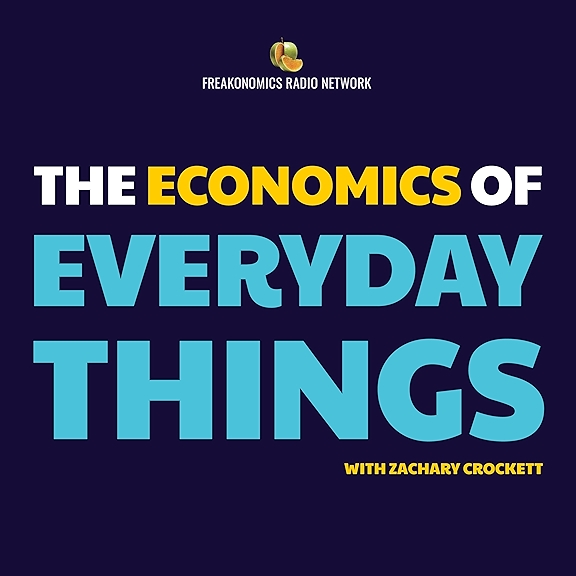
Inequality of opportunity means that every child does not start their life with the same chances. Inherited circumstances such as race, gender, socioeconomic status and place of birth affect their likelihood for upward income and social mobility. A growing body of research is telling us that people’s social connections predict mobility. Harvard researchers have mapped the childhood roots of upward social mobility, demonstrating how neighbourhood factors shape human capital development. Pathways to social mobility are weakest in fractured communities with high levels of poverty. In South Africa where 10% of the population owns 80% of the wealth, the bottom half of the population is socially and economic disconnected from the rest, setting them up for life-long underachievement and exclusion.
The economic value of social connections is not a new concept; but two new studies out of the United States are reigniting public interest in the topic. Building on their previous work, Harvard economist Raj Chetty and a team of researchers found that cross-class social connections are among the strongest predictors of upward income mobility. They call this economic connectedness.
For many people, exclusion from influential and powerful social circles are shaped by factors outside their control, including their race, gender, level of education, class and geography. However, connecting to people you would not otherwise interact with has the potential to spark innovation and create new economic value.
Social connections have economic value but they also have the potential to shape the political and social fabric of the country. Experience has shown us that social networks of unlikely people have the potential to spark positive change. The bigger the network, the more energy they have – because they draw on a growing diversity of ideas and expertise.
In this podcast, we explore strategies to promote social and economic connectedness in all its forms with Rejane Woodroffe – Director at Bulungla Incubator, Adam Cooper – Senior Researcher at Human Sciences Research Council and Lihle Mbikwana, programme manager at the Vibrant Village initiative.
Visit www.dgmt.co.za/social-connections to read more and access the takeaway instructions.
The Learning Lunch podcast features three types of episodes: Deep Dives; Nourish & Flourish; and Best Bites.
Each podcast/learning lunch session is structured as follows:
The Main Meal - A ±30-minute podcast
The Takeaways - Instructions for a ±30-minute group reflection based on what you listened to.
To learn more about the work that we do, go to www.dgmt.co.za




















